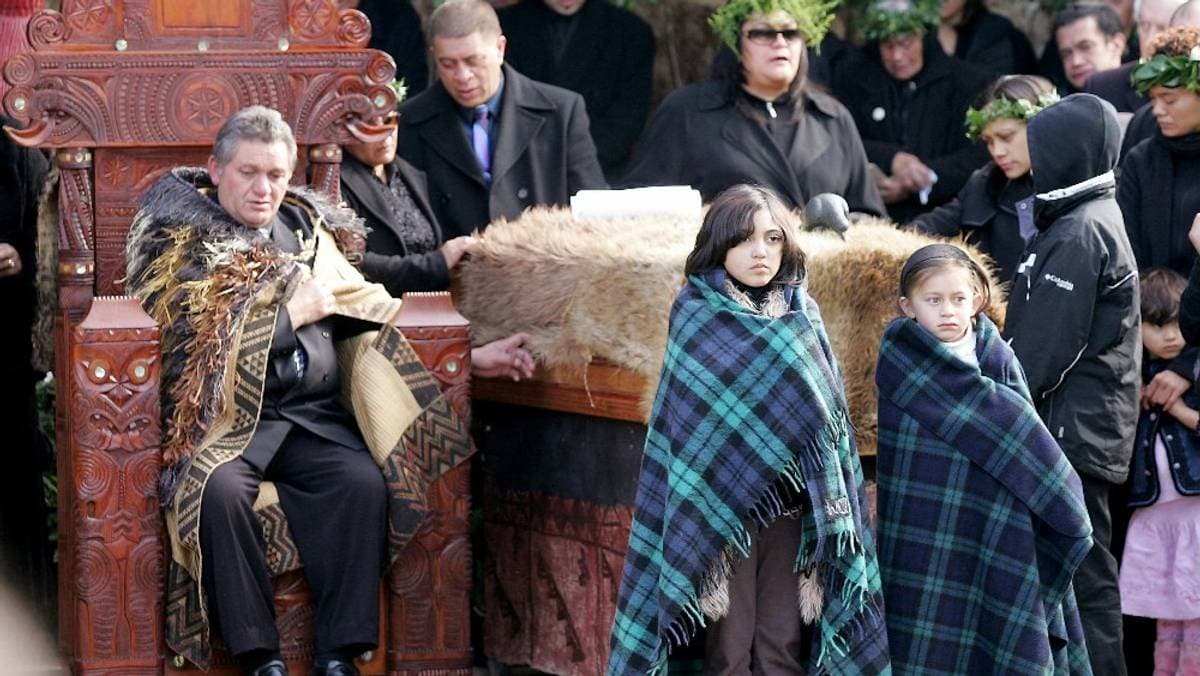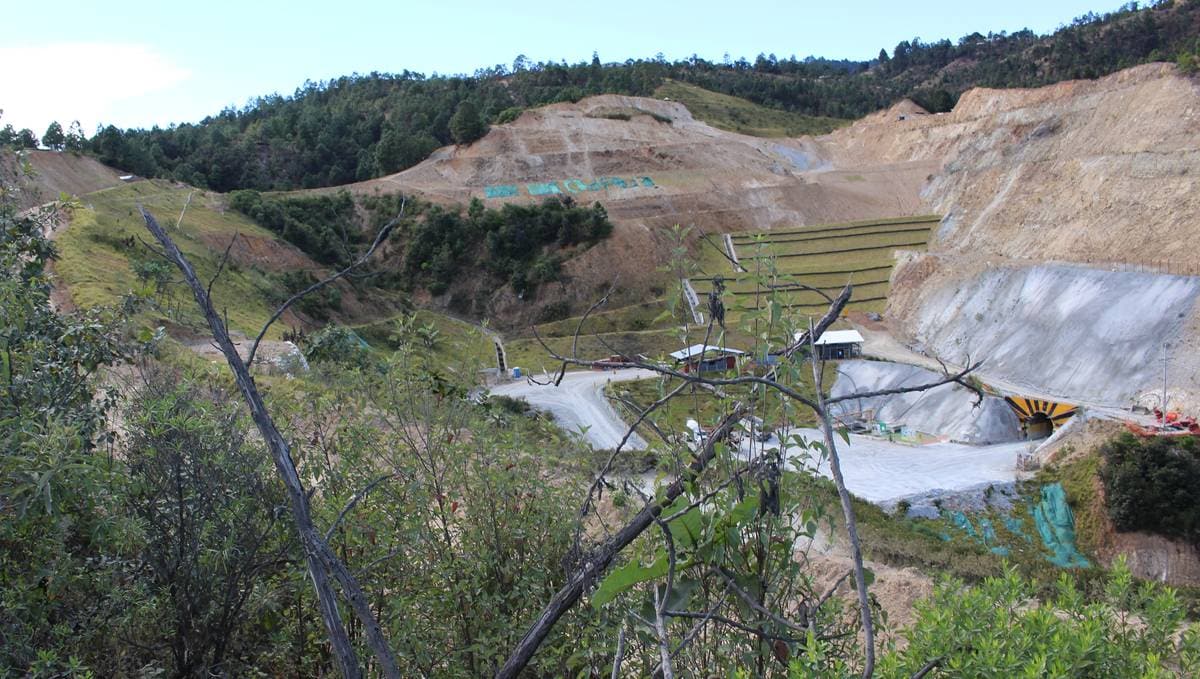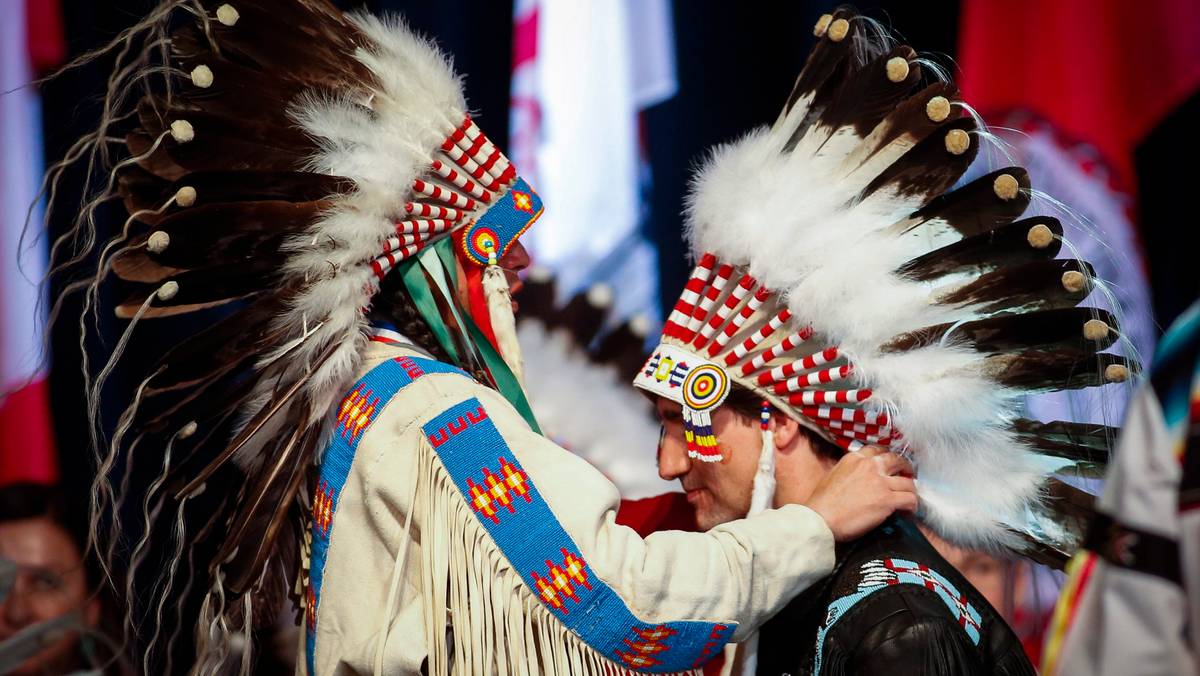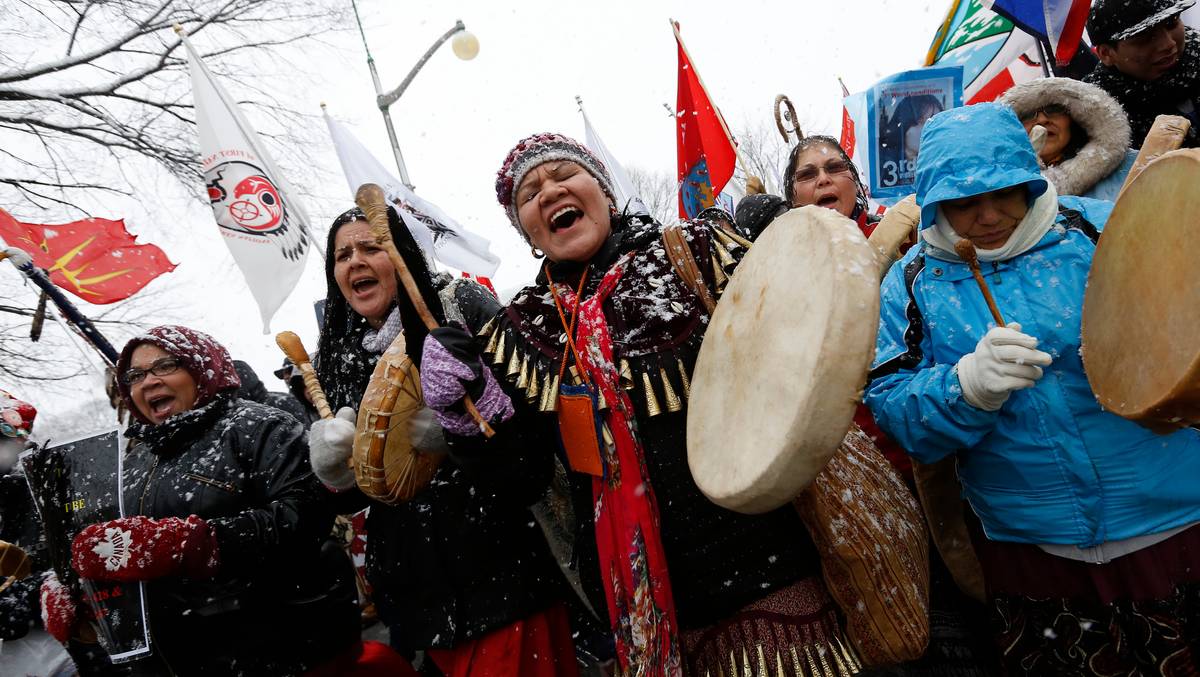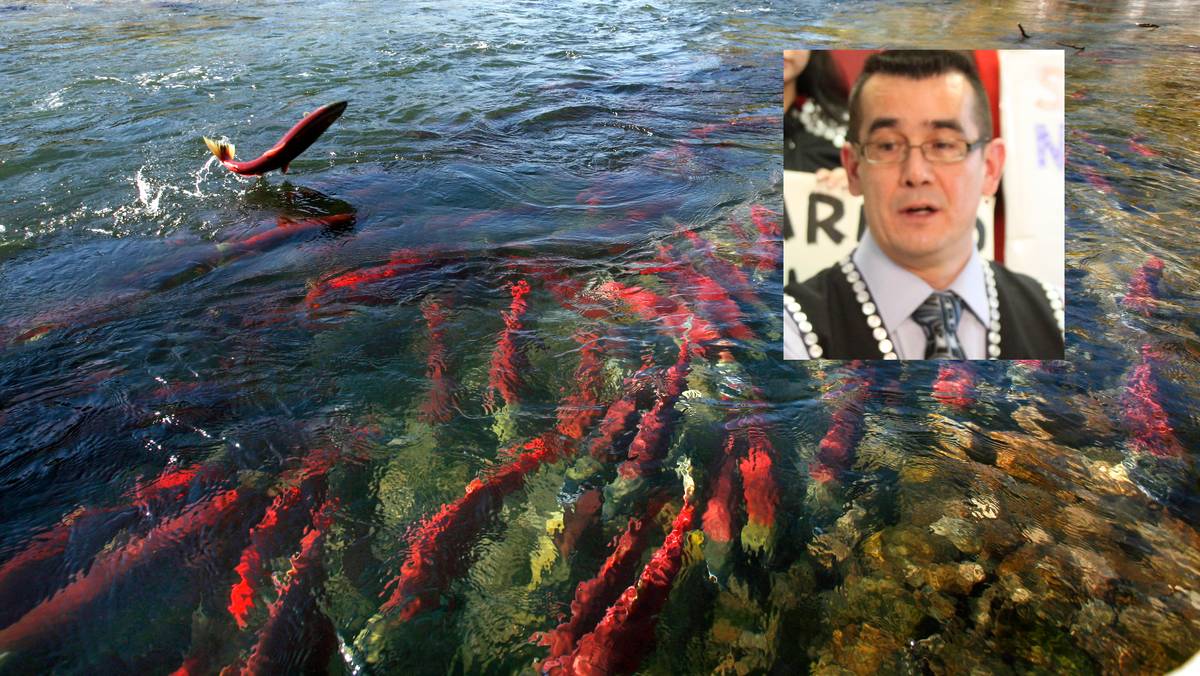GOLDEN VALLEY:
LARS ANDERS BAER
It was yesterday, at the opening of the session of the United Nations Permanent Forum on Indigenous Peoples, that New Zealand Minister for Māori Affairs, Pita Sharples, declared that the government had decided to support
the indigenous declaration
.
The indigenous people gathered for the session applauded for the good news and the indigenous Maori of New Zealand sang for joy.
– Gives greater legitimacy
– It also gives greater legitimacy to the indigenous declaration as more and more countries endorse it, says Lars Anders Baer, who is a member of the UN permanent forum on indigenous peoples.
According to the plan, he was also supposed to attend the UN conference ceremony in New York, but due to the ash problems, he was unable to attend.
The UN adopted the Declaration on Indigenous Peoples on 13 September 2007. 143 states voted in favour of the declaration, 11 states were neutral and 4 states voted against. The four states that voted against were the United States, Canada, New Zealand and Australia. Australia decided to
support last year’s statement
.
Lars Anders Baer, Board Member of the United Nations Permanent Forum on Indigenous Peoples
Photo: Liv Inger Somby / NRK
Two States Against the Declaration
While New Zealand has also decided to endorse the declaration, only two states still oppose it, namely the United States and Canada.
– The more countries that support the indigenous peoples’ declaration, the greater the pressure will also be on countries that do not support the declaration and on those that have been neutral towards the declaration, Baer believes.
He hopes that Canada will soon also sign the document.
– On the other hand, I think it will take more time before the United States is ready to do the same, Baer believes.
Add important tracks
The right of indigenous peoples to self-determination is one of the most important provisions of the declaration. The declaration was drafted in close cooperation between States and various indigenous groups.
It provides important guidelines for further work on understanding the rights of indigenous peoples, but is not a binding document under international law. It contains provisions on both basic needs such as food, health and education, as well as provisions on the use of traditional resources and land areas.
The declaration does not establish new rights as such, but establishes that indigenous peoples also have the same rights as other peoples.
Published
20.04.2010, at 15:19
Update
20.04.2010, at 15:52

“Explorer. Food advocate. Analyst. Freelance bacon practitioner. Future teen idol. Proud pop culture expert.”

